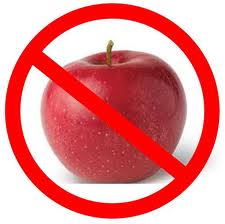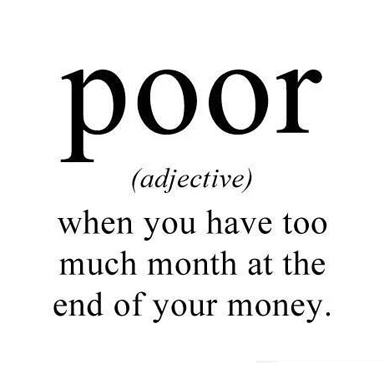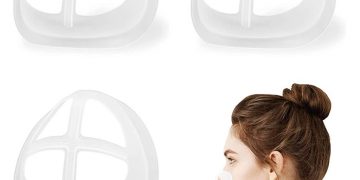With the economic outlook still looking decidedly shaky, many households across the U.S. are endeavoring to keep their spending to a minimum and are cutting back where possible. However, for those taking out loans, is it a mistake to refuse the insurance that lenders provide, commonly known as PPI (Payment Protection Insurance)?
There is no denying that PPI can add a significant chunk to the monthly premium. Those taking out loans without the coverage can save themselves a fair bit of cash, however, some lenders will try to persuade applicants purchase PPI. Some lenders may even imply that without the insurance, the loan might be denied.
First, it is important to understand that no lender can refuse loans because the applicant did not want to take out PPI, despite what unscrupulous salesmen may try to imply when filling in the paperwork.
Second, what many people do not know is that PPI is available from a number of independent sources and does not have to be purchased from the lender. In fact, it can be significantly cheaper to obtain PPI by shopping around rather than automatically taking out the insurance that comes with loans.
In order to decide whether PPI is really necessary, ask yourself how you would meet the repayments if you lost your job or became ill. How long would you need coverage for and for how much? Do you know whether your employer would pay you sick pay and if so, for how long? Do you have any other kinds of insurance in place that would pay you an income if you didn’t work?
If you would not qualify for sick pay and do not have sufficient funds or could not juggle your household income and expenditures to cover the costs if you weren’t working, then you should consider some kind of insurance. However, before proceeding with PPI, you should look very carefully at the small print, as it tends to have a number of exclusions.
- PPI typically will only pay for a fixed period of time – 12 months, for example – and usually excludes any pre-existing illnesses.
- Some policies also exclude illnesses and injuries that started whilst you were outside the U.S. and may also not cover what insurers consider as riskier elements to do with your job or hobbies.
Whilst PPI can be a real benefit for those who lose their job or become ill, the cover does only last for a set period of time – usually 12-24 months. Whilst this is ideal for short-term loans, it will not necessarily provide adequate peace of mind for longer term loans. If you decide that you do need some kind of coverage but are concerned that PPI would not cover your loans for long enough, you could consider disability insurance.
Disability insurance would not cover the commitment from your loans specifically, but would pay an income in the event that you could not work due to ill health, leaving you free to manage your budget yourself.
If disability insurance is too expensive and you think only a major illness would stop you working, an alternative could be to consider critical illness cover. This would pay out a lump sum in the event that you suffer one of a range of serious illnesses, such as a heart attack or cancer. Obviously, neither critical illness or disability insurance cover the possibility that you may lose your job so if you want total cover, you would have to find a company that would provide this as an add-on benefit.
PPI is probably the easiest and most convenient type of coverage to arrange to cover loans, but it is worth taking a little bit longer to either shop around for the cheapest provider offering the least exclusions, or consider whether another type of insurance meets your needs better, if you do not have a nest egg to rely upon if the worst happens.
This post was brought to you by Money Supermarket!























